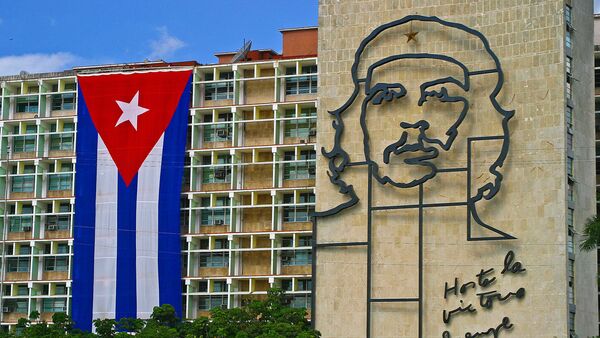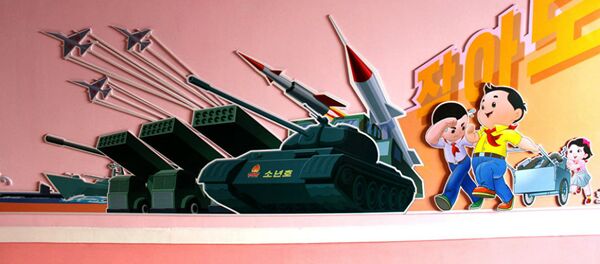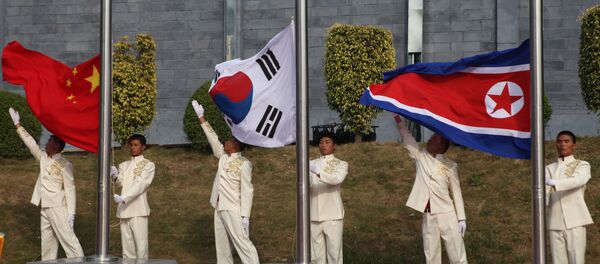Cuban and North Korean officials made no comment on the possible subjects of discussions, except to say that Ri will meet with Parrilla and participate in other, unspecified activities.
Speaking to Radio Sputnik, Dr. Leonid Petrov, North Korea expert and visiting fellow at Australian National University's College of Asia and the Pacific, said that the Bloc mentality of the Cold War has returned.
"North Korea has found itself under even more tightening international sanctions. It looks like Pyongyang is now looking for business partners who would be willing to trade with them. Ri Yong-ho's visit to Cuba demonstrates that North Korea is trying to build a new coalition – a coalition of anti-American states," Petrov explained.
The scholar emphasized that amid deteriorating relations with a number of countries around the world amid its ongoing nuclear and missile tests, the foreign minister's visits to Cuba is one of few real opportunities to revitalize relationship with former communist bloc allies.
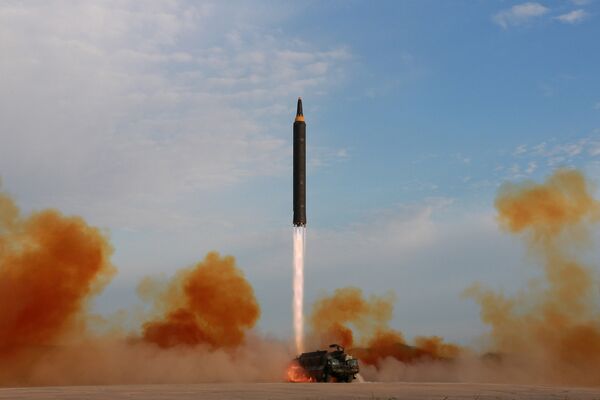
Asked about the topics Foreign Minister Ri Yong-ho and his Cuban counterpart may discuss, Petrov said that there is certainly already a solid base of cooperation to build on.
Amid discussion in Western media that the visit could mean the start of some sort of mini-Cold War, Petrov stressed that a new Cold War has been underway for at least three years, and expands far beyond the North Korea-US rivalry.
"It started in approximately 2014," the analyst explained. "Former communist bloc countries led by Russia now create a policy of antagonism against the US-led coalition, so we see this confrontation not only in Korea, but in China, the Middle East, Southeast Asia. The bloc mentality continues, and North Korea is simply a litmus test to this process. It's not only North Korea that is now under American and international sanctions, but also Russia."
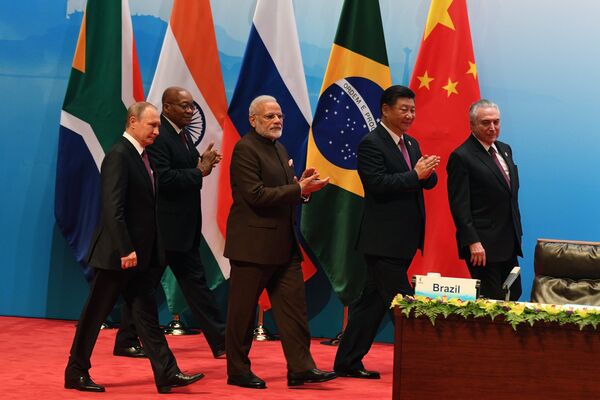
"This consolidation of blocs simply manifests this resurrection of this Cold War paranoia and mistrust," Petrov added. "The US president has found himself under fire for his alleged collusion with the Russian government. This anti-Russian hysteria is continuing, and North Korea is simply trying to follow this trend, and revitalize its relations with former communist states – China, Russia, Cuba. Syria too demonstrates that the coalition mentality is very much on; I would call it Cold War 2.0."
Accordingly, the relationship between North Korea and Cuba is highly symbolic, according to Petrov. "The Cuban economy is very depressed, and not going to go very far without US endorsement. So these so-called 'pariah states' feel that they are not treated fairly, and must stick together and demonstrate solidarity in the face of this adverse treatment. It's likely that Russia and probably China are also going to join suit."
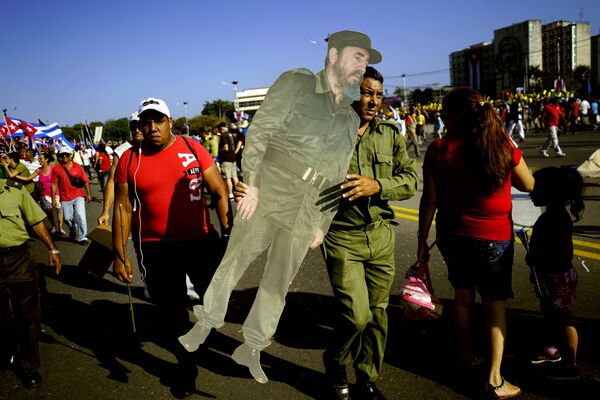
Ultimately, the analyst said that strategically speaking, the problem for the US is that Cuba is too close. North Korea is far away, and that's why talk of nuclear war with North Korea doesn't bother anyone in Washington, he observed. The Cuban case is different. "We remember the 1962 Cuban Missile Crisis, which was very sobering for the US government and the Soviet leadership, so it was resolved very quickly. It was just too close to the United States and far away from the Soviet Union. With North Korea, it's exactly the opposite: it's very close to China and Russia and far away from the US."
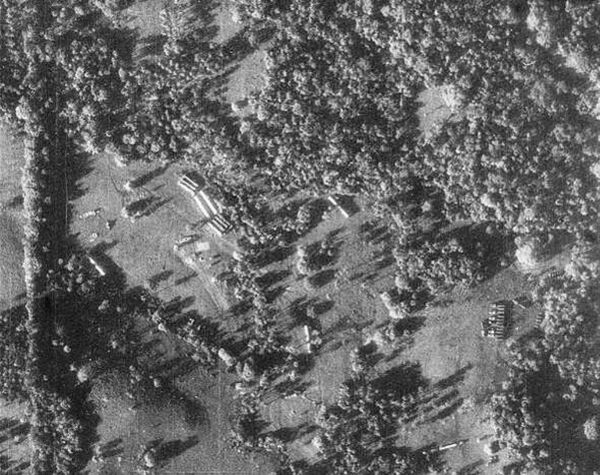
"So what Pyongyang is trying to achieve is just to have some kind of balance of threat between Cuba and North Korea. So if something goes wrong with North Korea in the military or diplomatic theater, Cuba might reactivate its diplomatic and potentially military activity as well," Petrov concluded.
